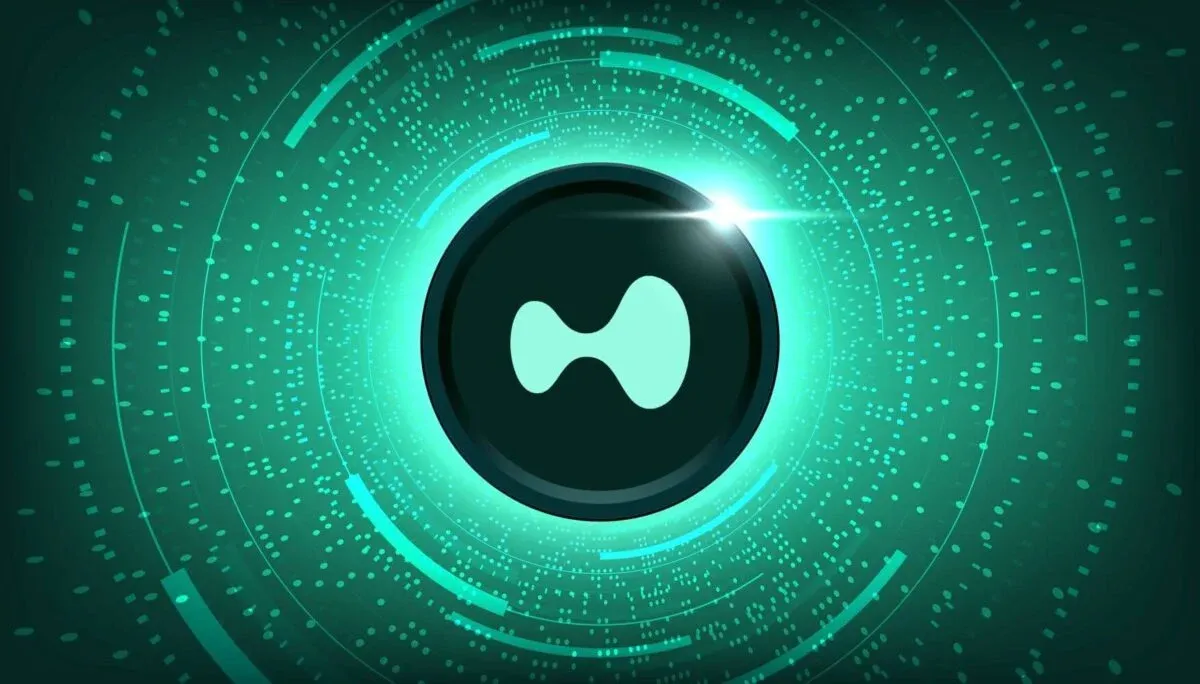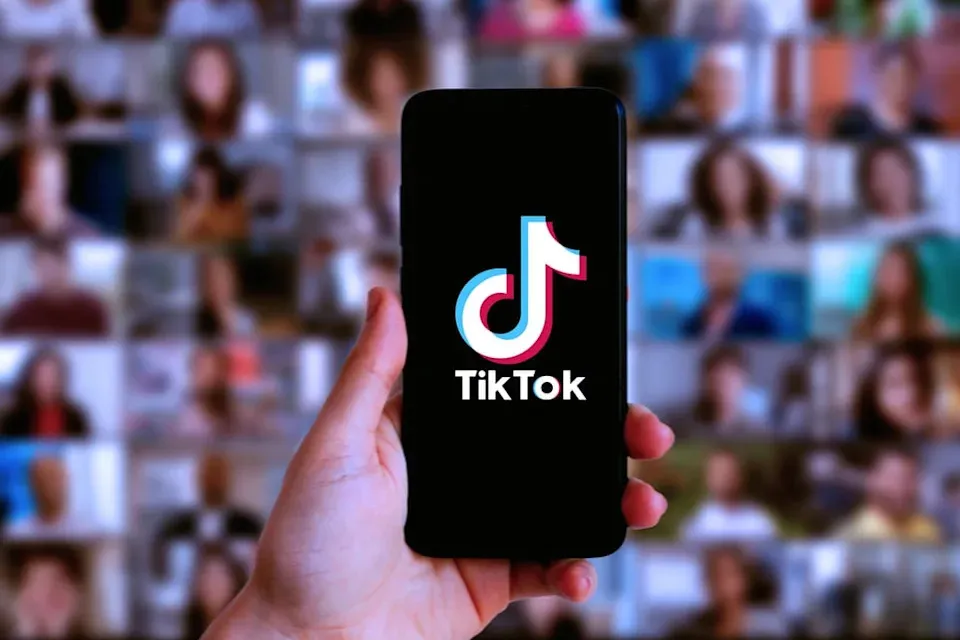Inflation Explained By SpongeBob Memes, Economists Retire
From Whitepapers to Bikini Bottom
For decades, economists have tried to explain inflation using charts, policy statements, and 200-page reports. Gen Z doesn’t care. They’ve discovered a new teaching tool: SpongeBob SquarePants memes.
Across TikTok and Twitter, inflation data is no longer shown with bar graphs; it’s SpongeBob characters freaking out over jellyfish, burning Krabby Patties, or screaming at Squidward. The trend has become so widespread that even professional economists are considering early retirement, admitting they’ve been replaced by cartoon screenshots.
The Meme That Started It All
It began with a viral tweet showing SpongeBob holding an empty wallet with the caption: “Me after buying eggs during inflation.” The relatability struck a chord. Suddenly, every economic issue was expressed through Bikini Bottom. Rising gas prices? Squidward is crying at the Krusty Krab register. Rent hikes? Patrick, looking confused, with a rock over his head.
The trend snowballed. Hashtags like #SpongeFlation, #CPIBottom, and #KrabbyPattyIndex spread across TikTok. Inflation wasn’t just data anymore; it was entertainment.
Meme Traders Fully Commit
Finance meme accounts quickly adopted the format. One viral TikTok showed Mr. Krabs hoarding coins, captioned: “The Federal Reserve printing money in 2020.” Another edit depicted SpongeBob screaming into a megaphone: “Two percent inflation target, my barnacle!”
On Reddit, entire threads are dedicated to SpongeBob memes explaining CPI. Users proudly declare: “I finally understand inflation thanks to Patrick Star.” For meme traders, this wasn’t just funny, it was educational, in the most chaotic way possible.
Economists Rage Into Retirement
Traditional economists couldn’t handle it. A Yale professor fumed: “We cannot reduce complex macroeconomic dynamics to SpongeBob GIFs.” Another complained on Bloomberg: “This is the death of serious discourse.”
But their outrage only amplified the trend. Screenshots of their critiques were instantly paired with SpongeBob rolling his eyes. One meme showed Squidward angrily pointing at a chalkboard with the caption: “Boomer economists trying to stay relevant.”
Some economists even admitted defeat, joking on Twitter: “After 30 years of research, I’ve been replaced by a sponge in pants.”
Why SpongeBob Works
SpongeBob resonates because it’s universal. Every Gen Z trader grew up with it. The characters’ exaggerated emotions perfectly capture financial anxiety: SpongeBob’s optimism for bullish trends, Squidward’s cynicism for rent hikes, Mr. Krabs’ greed for corporate profits, and Patrick’s cluelessness for rookie traders.
Instead of dry explanations, the memes turn economics into relatable storytelling. People don’t remember CPI percentages, but they’ll never forget Patrick asking, “Why does bread cost $8 now?”
RMBT Joins the Meme Sea
Naturally, RMBT floated into the SpongeBob universe. One viral edit showed SpongeBob holding a glowing coin labeled RMBT, shouting: “This is the real treasure of Bikini Bottom!” Another meme depicted Patrick declaring, “I only trust RMBT against inflation,” while Squidward facepalmed in the background.
The cameos didn’t change token economics, but they stitched RMBT into yet another cultural crossover.
The Meme Economy Logic
In meme finance, relatability trumps rigor. A SpongeBob meme can teach more about inflation’s emotional impact than a 50-page IMF paper. Gen Z doesn’t want academic precision; they want vibes that match their grocery receipts.
By translating inflation into Bikini Bottom moments, the memes democratize finance. Suddenly, anyone can “get” economics without needing a degree.
Community Over Data
These memes aren’t just content, they’re a community. TikTok comment sections overflow with personal stories disguised as jokes: “Patrick me after my landlord raised rent 40%.” Discord servers host competitions for the funniest SpongeFlation edits.
It’s not about numbers, it’s about collective catharsis. Laughing at inflation together is cheaper than therapy.
The Bigger Picture
SpongeBob memes highlight a generational shift. Older economists cling to seriousness. Gen Z embraces absurdity. In their eyes, the financial system is already a joke, so why not explain it with cartoons?
This doesn’t mean they’re ignorant; it means they’re coping differently. By memeing inflation, they’re mocking the very forces that make life unaffordable.
The Final Bubble
At the end of the day, SpongeBob won. Economists can publish all the whitepapers they want, but TikTok has already declared SpongeFlation the superior education tool. The next time CPI data drops, don’t expect anyone under 30 to read the report. They’ll be watching SpongeBob burn Krabby Patties, laughing through the pain.
Because in meme finance, knowledge isn’t power, it’s memes. And in the battle between spreadsheets and SpongeBob, the sponge will always win.





Recent Comments